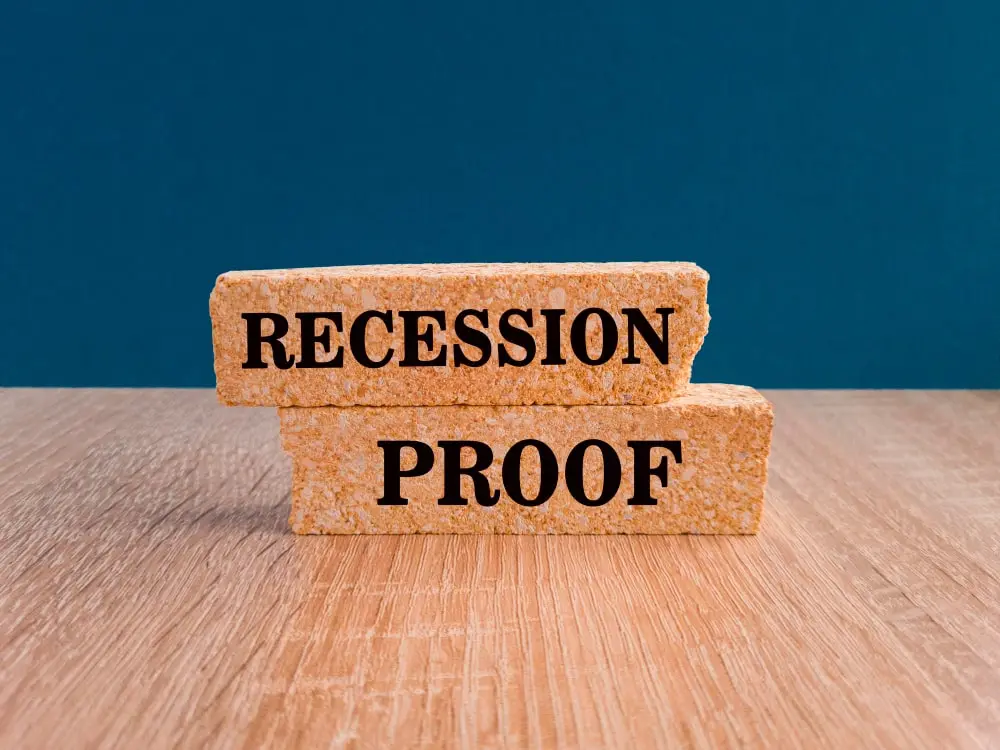While economic downturns and recessions force investors to look for assets that are immune to financial crises and have less volatility and more stability, it is important to note that such assets’ returns will not exceed those with higher risks, such as high-yield bonds or venture capital funds investments.
Unlike many other marketable assets, real estate, which possesses a reputation for being resilient, has proved to be an amazing option when it comes to crisis times. However, as it happens, with the restrictions of an economy, real estate properties may be affected in a couple of ways, including the fall in the value of their properties and the interruption of their rental incomes.
In this respect, real-estate debt funds emerged as an outstanding alternative investment option, which vividly displays the recession while offering investors securing investment routes and preserving stable returns. To learn more about real estate debt funds, you can also visit this link.
Why Real Estate Debt Funds Shine During Recessions?
Debt funds in the real estate sector which offer safety to the investors in a massive economic deterrence are an attractive option for the investors who are risk adverse. Here is how real estate debt funds play a crucial role in the difficult times of preserving investments during the recession period.
Lower Default Rates: As the economy slows, businesses and individuals might be affected, but people tend to forgo other things to have a roof over their heads. Residential rental properties tend to maintain good occupancy rates even during recessions, which enables them to timely returns on the loan
Contractual Obligations: Unlike stocks which rise and fall based on the market’s sentiment, with real estate debt funds you have set interest rates making your returns what you expected. Borrowers are required to repay a sum of money per month even when difficult economic conditions occur. Such predictability, a typical trait of marketable securities, is an attribute not enjoyed by many other investment alternatives.
Tangible Asset Backing: Different from equity investments like stocks and bonds, debt funds for real estate are backed by a natural asset – the underlying property itself. In the worst case, if the borrower defaults, the fund then sells the property to obtain its investment. This physical asset-backing gives additional support to safety. This presents a more concrete alternative than central banks or treasuries.
Potential for Inflation Protection: In case the economy hits a downturn, the cost of inflation may shoot. On a side note, real estate debt funds usually provide some kind of inflation resistance as loan terms are usually agreed for the term of the loan. So, if the inflation goes up, fixed interest payments become the less valuable thing but, for the investor, it’s the opposite; the fixed interest rate payments become the more valuable thing.
Loan Structuring: Real estate debt funds are designed in such a way as to ensure minimum risk exposure with investors’ returns as a priority. This may be achieved through the regulation of conservative loan-to-value (LTV) ratios, loans secured with first-lien positions, and proper due diligence on borrowers and backing assets.
Reduced Risk: Secured loans and collaterals are major factors that prevent credit defaults and unpredictable demands of volatility in the market.
Diversification: By including real estate debt funds in your assets set, you may not only get a diversified portfolio and lower the risk level but also narrow the overall risk profile by minimizing the sector-specific challenges during market downturns.
Limited Supply: The new housing construction projects usually are found to be of sluggish pace during recessionary stages. It can be used to support or even grow the existing rental rates of properties held in the fund which will in turn improve the cash flow from the underlying properties.
Shorter Loan Terms: Some funds return to shorter-term loans, a faster process that can offer great flexibility if the entity needs capital in a short period during an economic crisis. Not only is this way easier to invest but it is not subject to long-term market fluctuations’ risks either.
Conclusion
While economic uncertainty is growing, investors start to allocate their funds to real estate debt funds as a less-risky alternative to offset the recession. Through capital preservation, capital generation that generates consistent income derivatives, diversification benefits, and financial management, institutional investors have stability and a steady return on investment even amid the unpredictability of the market.
When investors are looking for stable and safe investment options that can help them during recessions, real estate funding becomes an outstanding and trustworthy investment option in times of trouble. With the knowledge of the pros and cons of these funds, you can determine whether you should invest in them or consider some other options to avoid any risky situations in the future. To learn more about recession-proof investments, visit Munshi Capital.





